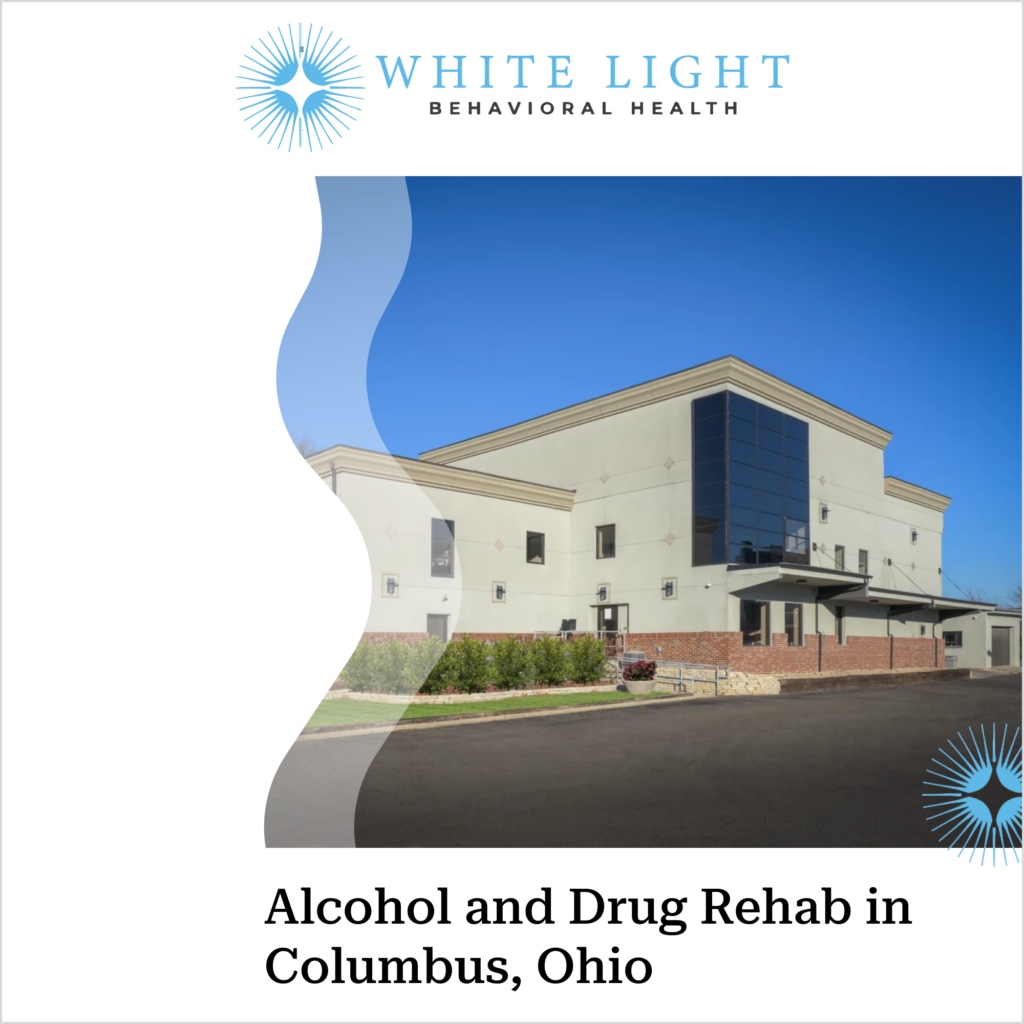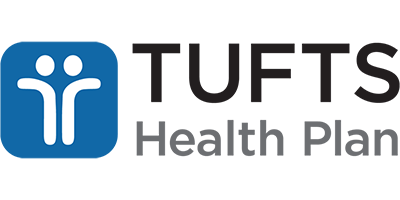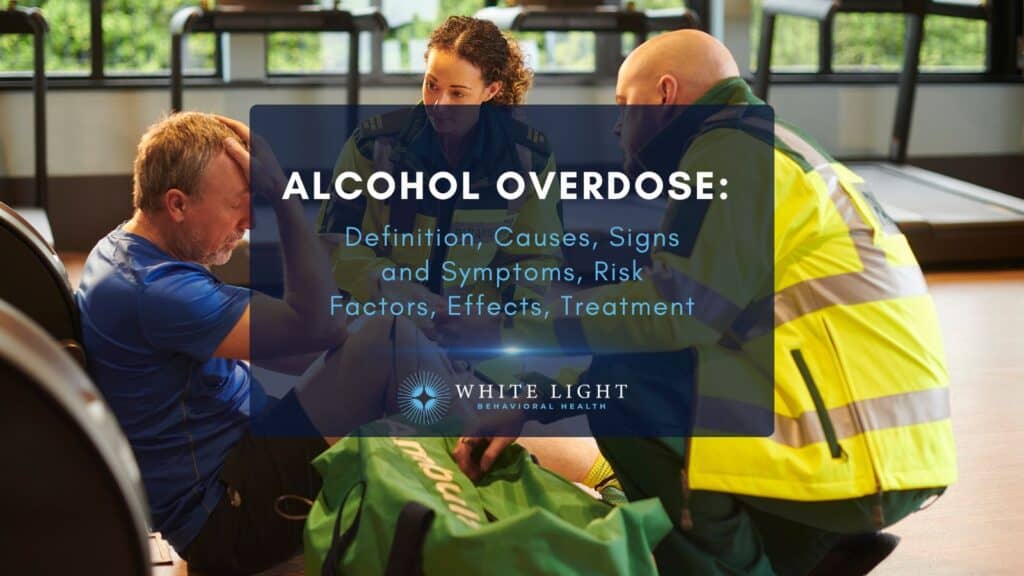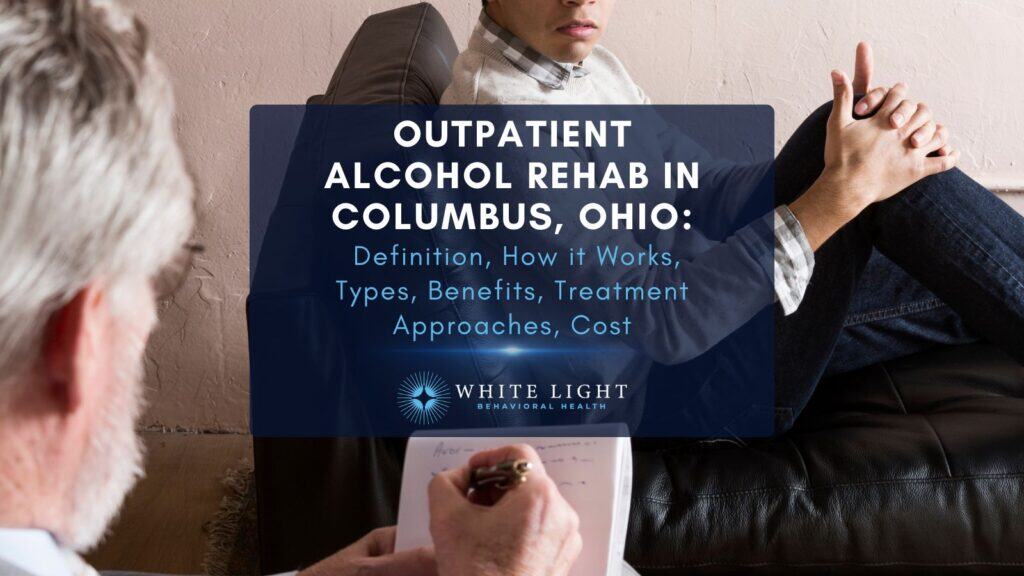What Causes Withdrawal Headaches?
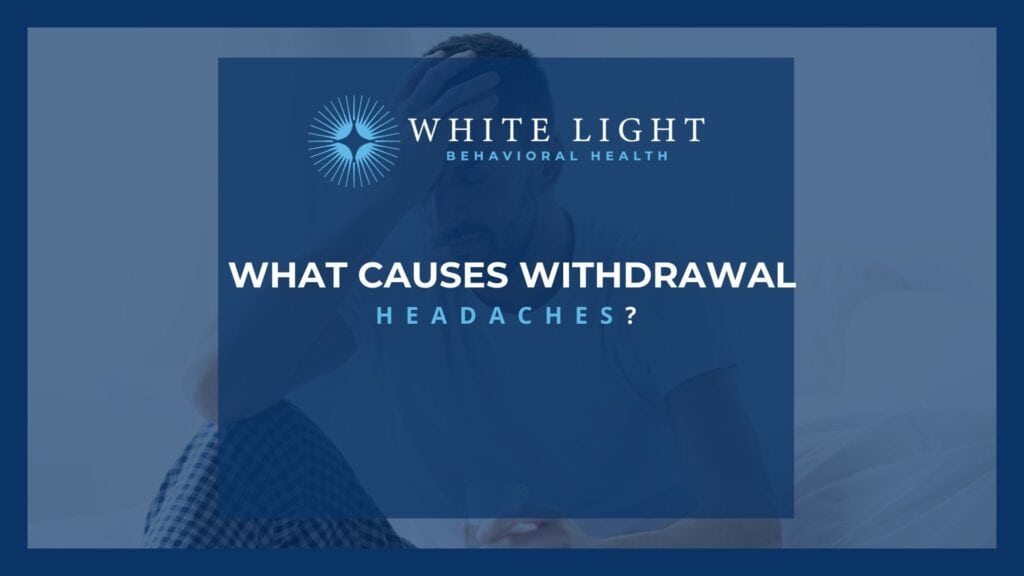
Causes of withdrawal headaches are sudden discontinuation of certain substances, neurotransmitter changes, dehydration, dietary modifications, and physical dependency on drugs or alcohol.
Ohio has one of the highest opioid overdose rates in the US, with an estimated 500,000 years of life lost between 2010 and 2016 alone due to opioid-related deaths. This crisis underscores the severity of withdrawal symptoms, including headaches, when you stop using substances like opioids, alcohol, benzodiazepines, or barbiturates abruptly.
Withdrawal headaches, ranging from mild tension to severe migraines, occur as the brain struggles to readjust without these chemicals. Dehydration and the shock of removing familiar substances worsen the symptoms, but they resolve within 1-2 weeks with proper self-care and medical supervision.
What Are Some Drugs That Can Lead To Withdrawal Headaches?
Common drugs that lead to withdrawal headache symptoms include Opioids, barbiturates, alcohol, and benzodiazepines. Opioids such as codeine, hydrocodone, oxycodone, and heroin all lead to withdrawal headache symptoms.
These drugs alter endorphin production, and dependence disrupts natural levels, causing withdrawal headaches when stopped abruptly.
Here are the common drugs that cause withdrawal headaches:
Did you know most health insurance plans cover substance use disorder treatment? Check your coverage online now.
Opioids
Opioids are prescription pain medications like morphine, oxycodone, and fentanyl, as well as illegal drugs like heroin, that bind to brain receptors to block pain signals. Withdrawal headaches develop because the brain’s natural pain-control systems become disrupted after regular opioid use, typically beginning 6-12 hours after stopping short-acting opioids and 12-48 hours after long-acting ones like methadone. The headaches peak around 2-3 days and usually resolve within 5-7 days for short-acting opioids, but persist for weeks with methadone withdrawal.
Barbiturates
Barbiturates are sedative medications like phenobarbital, secobarbital, and pentobarbital that depress the central nervous system and were historically used for sleep and seizure disorders. Barbiturates cause withdrawal headaches by disrupting the central nervous system depressant effects and serotonin regulation. When discontinued suddenly after regular use, the brain experiences rebound hyperactivity, leading to severe headaches along with potentially dangerous seizures and agitation.
Alcohol
Alcohol is a depressant substance that suppresses central nervous system activity by enhancing GABA neurotransmitters and inhibiting glutamate function. Alcohol withdrawal headaches occur as part of the dangerous condition called delirium tremens, where the brain experiences rebound hyperexcitability after chronic alcohol suppression. The headaches accompany other serious symptoms like seizures and hallucinations, making medical supervision essential during alcohol withdrawal.
Benzodiazepines
Benzodiazepines are anti-anxiety medications like lorazepam, diazepam, alprazolam, and clonazepam that enhance GABA neurotransmitter activity to calm brain function. Benzodiazepines trigger withdrawal headaches by altering GABA neurotransmitter function, which normally calms brain activity. When suddenly stopped, the brain becomes hyperactive, causing intense headaches alongside rebound anxiety and insomnia that can be severe and prolonged without proper medical tapering.
More Resources on Addiction:
What Are The Causes of Headaches During Withdrawal?
The causes of headaches during withdrawal are insufficient hydration, substance cessation effects, dietary modifications, and nutritional imbalances.
Here are the causes of headaches during withdrawal in detail:
Dehydration
Dehydration is one of the most common causes of headaches during detox. Detoxification involves consuming less fluid than usual as part of an effort to help cleanse the body of any harmful components.
While this reduction in fluid intake may lead to beneficial results, it also means that the body does not get enough hydration to keep it healthy and functioning properly. When this occurs, it is common for people to experience a headache.
Drugs or Alcohol Consumed
Headaches during detox result from withdrawal symptoms caused by prior drug or alcohol use. Sudden cessation of drinking or drug use leads to withdrawal symptoms, including irritability, anxiety, fatigue, and headaches. Adequate hydration and rest alleviate these headaches. Monitoring symptoms ensures prompt response to changes.
Change of Diet
Removing high-sugar and processed foods during detox causes headaches as the body adjusts. Abrupt dietary changes trigger physical shock, leading to headaches.
These headaches resolve within days after completing detox. Consulting a medical professional ensures safe food choices during detox, which helps prevent vitamin and mineral imbalances that cause headaches and other side effects.
Contact us today to schedule an initial assessment or to learn more about our services. Whether you are seeking intensive outpatient care or simply need guidance on your mental health journey, we are here to help.
How Long Does It Take for Withdrawal Headaches To Last?
It takes 4-10 days for most withdrawal headaches to resolve completely, depending on the substance involved. Opioid withdrawal headaches can last 4-15 days.
Alcohol withdrawal headaches begin 6-12 hours after the last drink, peak at 48-72 hours, and resolve within 7-14 days. Benzodiazepine withdrawal headaches last 2 weeks to several months, depending on the medication’s half-life, with some individuals experiencing symptoms for up to 12 months.
Where is Medical Detox Available for Withdrawal Symptoms in Ohio?
Medical detox for withdrawal symptoms is available at hospitals, inpatient detox centers, outpatient programs, residential treatment centers, and specialized detox facilities spread across Ohio. At White Light Behavioral Health, we are a specialized medical detox center located in Columbus, providing comprehensive, medically managed detox services with 24/7 supervision and personalized care tailored to each individual’s unique needs.
Share This Post
